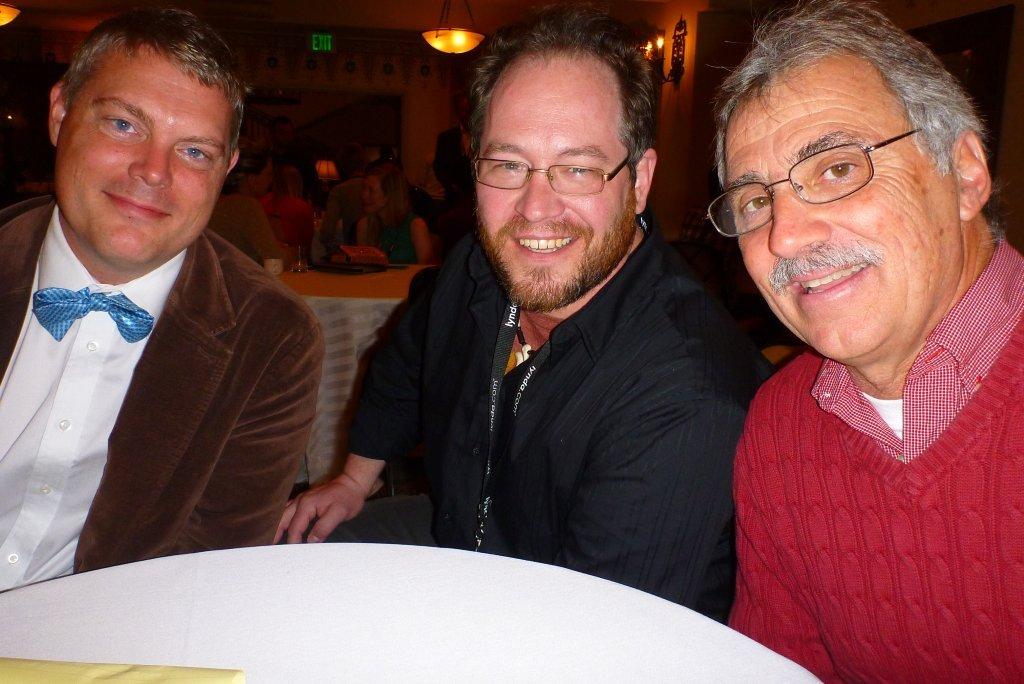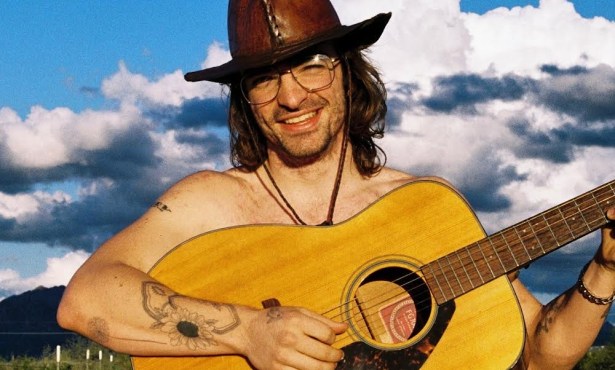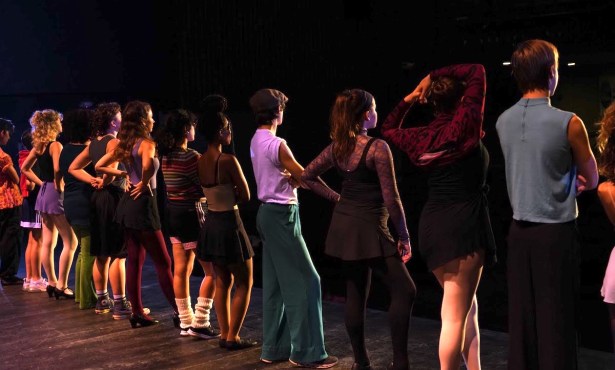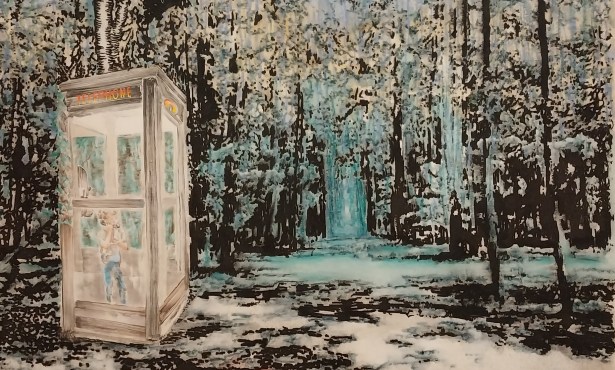Dirty Energy
Documentary Surveys the Gulf of Mexico Two Years After Spill
Detroit-based filmmaker Bryan D. Hopkins said that when Hurricane Katrina hit, he had an urge to head down to New Orleans to help out, but never acted on it. He had the same urge after the blowout of the Deepwater Horizon oil platform in April of 2009.

“I had $200 in cash and $100 in food stamps. I was unemployed,” he recalled. “So I just went. I put a post on Facebook telling my friends that if they ever want to see me again, they might want to donate some money.”
After sleeping in a parking lot his first night in Louisiana, he met a woman who told him she would find someone to put him up on Grand Isle — which she did — as long as he promised a shot of a sunset in his film. “My goal was tell their story from their perspective,” said Hopkins of those who live on the Gulf Coast. He said that he expected everyone to say “screw oil,” before learning that gulf residents appreciate the jobs produced by the oil industry. They were angered by BP in particular, though, as well as the Coast Guard, which seemed to be more concerned about protecting the energy company as opposed to the public when oil was spewing into the gulf.
While oil rigs create jobs, Hopkins explained, his sympathies lie with the fishermen who have not just lost income but entire life patterns and wells of knowledge that have been passed down for generations. “These fisherman,” said Hopkins, noting that some travelled to Santa Barbara on their own dime to watch the premier of Dirty Energy, “are poetically in love with being in the water.” But 250 pound tar balls are washing up on shore, and the shrimp harvest is down 80 percent this year.
Meanwhile, said Aaron Viles of the Gulf Restoration Network who accompanied the fishermen to Santa Barbara, many of those who helped clean up the oil are experiencing respiratory problems. Then Hopkins pulled out his iPhone to share photos of fish covered with cancerous lesions that looks like black magma spilling out of their gills.
Just because the ruptured oil well has finally been sealed doesn’t mean the tragedy is over, explained Hopkins. He hopes that his film will keep the gulf on the public’s collective consciousness and remind them that oil pollutes the political process and the economy as much as the environment. “I’d be happy to kick the TV out of everyone’s home and make them look at what the [expletive] is going on in their backyard,” he said. “I’m Irish. I’m a fighter.”
Dirty Energy screens on Tuesday, January 31, 10 a.m. and Wednesday, February 1, 4:40 p.m., both at the Metro 4.



